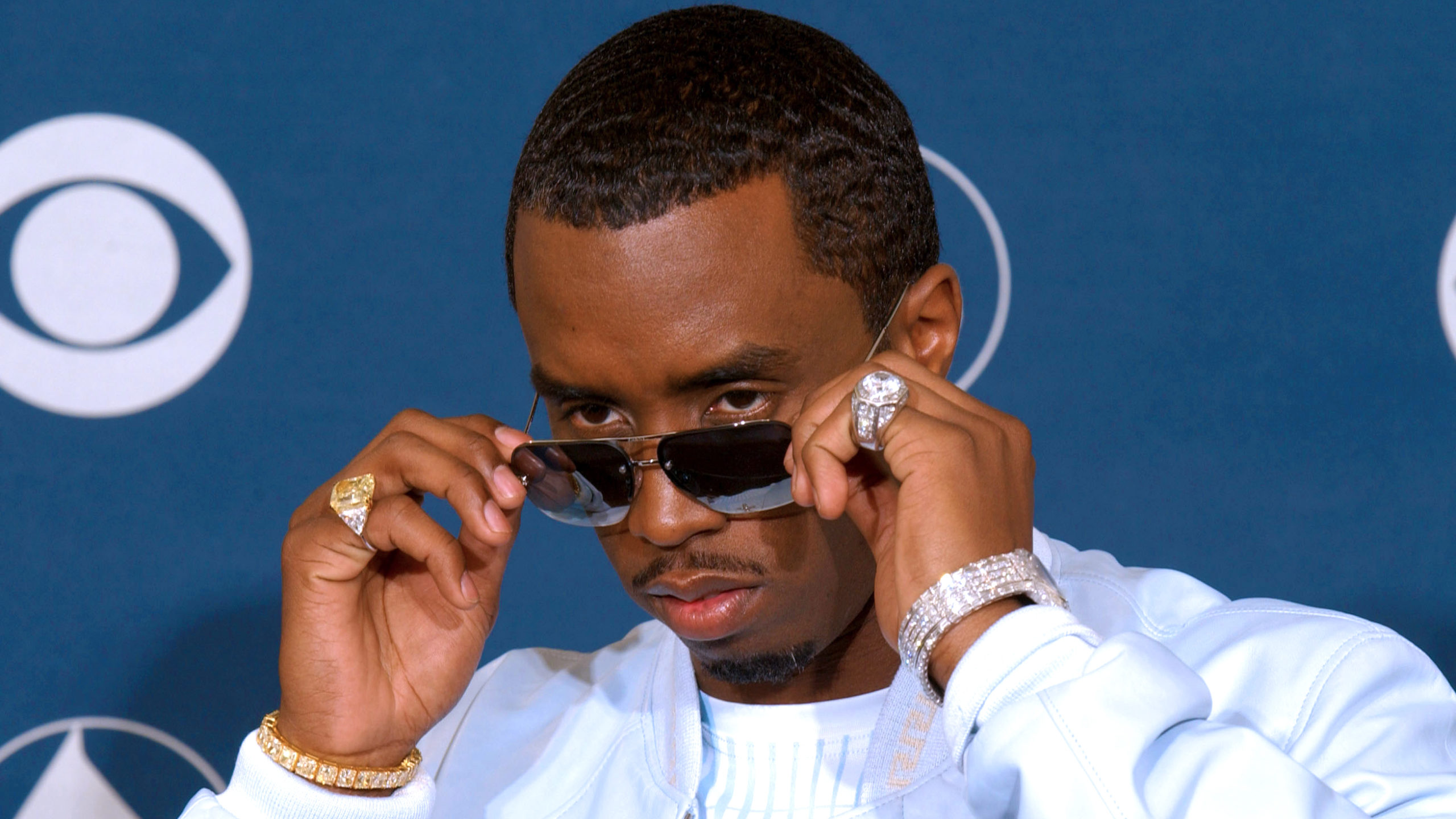
www.dailywire.com
WATCH: Video Emerges Of Moment Sean ‘Diddy’ Combs Was Arrested By Feds
Video footage emerged on Friday of the moment that Sean “Diddy” Combs was arrested by federal law enforcement officials this week as part of a sex trafficking and racketeering case.
TMZ obtained the video, taken at the Park Hyatt New York hotel in midtown Manhattan, that showed the moment that federal agents surrounded Combs on Monday night and took him away from his posse.
Agents appeared to take Diddy to a different part of the hotel for a short time before escorting him out through the lobby in handcuffs.
#TMZ has obtained #exclusive video of #Diddy‘s Monday night arrest in #NYC. pic.twitter.com/gJPKQEiw66
— TMZ (@TMZ) September 20, 2024
The U.S. Department of Justice unsealed charges against Combs on Tuesday that alleged he “abused, threatened, and coerced women and others around him to fulfill his sexual desires, protect his reputation, and conceal his conduct.”
Prosecutors said that Combs carried out this scheme by relying “on the employees, resources, and influence of the multi-faceted business empire that he led and controlled—creating a criminal enterprise whose members and associates engaged in, and attempted to engage in, among other crimes, sex trafficking, forced labor, kidnapping, arson, bribery, and obstruction of justice.”
Prosecutors say that in all times relevant to the indictment, Combs “engaged in a persistent and pervasive pattern of abuse toward women and other individuals. This abuse was, at times, verbal, emotional, physical, and sexual.”
The indictment made reference to a video that surfaced earlier this year of Combs beating his then-girlfriend Cassie Ventura in a hotel back in 2016 — an incident that he admitted happened.
Am I Racist? Is In Theaters NOW — Get Your Tickets Here!
“On numerous occasions from at least in or about 2009 and continuing for years, COMBS assaulted women by, among other things, striking, punching, dragging, throwing objects at, and kicking them,” the indictment said.
Prosecutors said that Diddy engaged in lengthy sex parties referred to as “Freak Offs” that could last days in which he or his associates lured women in under the guise of interest in a romantic relationship.
Combs then used “force, threats of force, and coercion, to cause victims to engage in extended sex acts with male commercial sex workers” during the events, prosecutors said. “In arranging these Freak Offs, COMBS, with the assistance of members and associates of the Combs Enterprise, transported, and caused to be transported, commercial sex workers across state lines and internationally.”
There was heavy drug use at the “Freak Offs,” which Combs allegedly recorded, sometimes without the women knowing.














